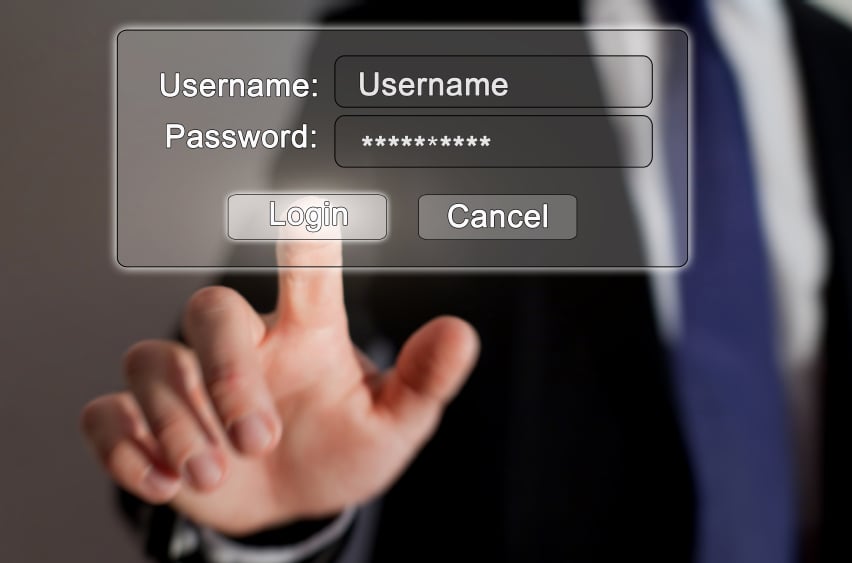You are viewing our site as an Agent, Switch Your View:
Agent | Broker Reset Filters to Default Back to List
Due to the ongoing situation with Covid-19, we are offering 3 months free on the agent monthly membership with coupon code: COVID-19A
UNLIMITED ACCESS
With an RE Technology membership you'll be able to view as many articles as you like, from any device that has a valid web browser.
Purchase AccountNOT INTERESTED?
RE Technology lets you freely read 5 pieces of content a Month. If you don't want to purchase an account then you'll be able to read new content again once next month rolls around. In the meantime feel free to continue looking around at what type of content we do publish, you'll be able sign up at any time if you later decide you want to be a member.
Browse the siteARE YOU ALREADY A MEMBER?
Sign into your accountAmateur Move: Are You Making One of These 7 Password Mistakes?
April 11 2017

Did you know that "password" was one of the top 10 most used, well, passwords in 2016?
What a time to be alive!
It's a time when developers have created better (and easier!) ways of staying secure online, but people still muck it up by making rookie password mistakes.
Don't be a rookie. And don't make the amateur move of endangering your clients' sensitive personal information by using weak passwords that can easily be cracked.
Not sure about the effectiveness of your password? Your password may be vulnerable if you're making one of these seven mistakes:
1. Your password is less than 12 characters long. In the early days of the web, passwords were typically eight characters long. Today, eight characters are fairly simple to crack, and security experts recommend that 12 should be now be the absolute minimum. While it may be harder to remember, longer passwords are also much harder to crack.
2. Your password has just one word. If you're looking to make your passwords longer and stronger, using a pass phrase rather than a single word is an easy way to do it. By using an entire phrase, your password is longer and more difficult to guess. Don't pick a well known quote or phrase—instead, use something obscure that has meaning to you. Add in random capitalization, characters, substitute a few letters for numbers and you're well on your way to a stronger password.
3. You use simple keyboard patterns. Long passwords made of out of simple keyboard patterns may seem like an easy path to security, but they're extremely common and therefore easy to guess. Sure, 1q2w3e4r5t6y looks like a difficult password, but upon closer examination, it's obvious that this password is just the first few numbers alternating with the first few letters on the keyboard. Stay away from this method to stay safe.









